News from 2024-08-28 / KfW Development Bank
Clean water and sanitation for Zenica
Rehabilitation and expansion of municipal water supply systems
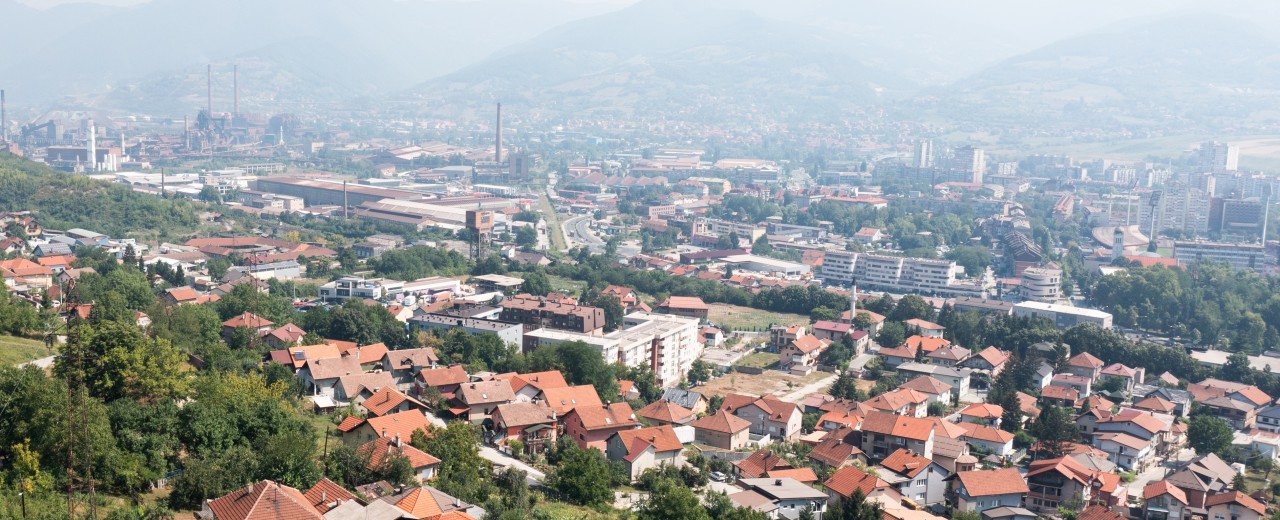
World Water Week 2024 from 25 - 29 August will focus on cooperation on water for peace and security in the broadest sense. The theme ‘Bridging Borders: Water for a Peaceful and Sustainable Future’ challenges us to recognise the regional and global interconnectedness of communities and nations. In Bosnia and Herzegovina, too, there are still tensions between the three ethnic groups of Bosniaks, Croats and Serbs following the war events of the 1990s.
The country is a successor state to the former Republic of Yugoslavia. After the war events of the 1990s, the damage was also repaired in the water supply and wastewater disposal systems. In addition, efforts were made to harmonise with European quality standards in terms of reliability and economic and ecological sustainability. A functioning water and energy supply remains an important prerequisite for the stable economic development of the country. KfW Development Bank has been supporting Bosnian municipalities and their utilities in the water sector on behalf of the German Federal Ministry for Economic Cooperation and Development (BMZ) since 1999.
Four springs supply Zenica
Zenica in the centre of the country - around 70 kilometres north-west of Sarajevo - is the fourth largest city in the country with 115,000 inhabitants. Here - and in the city of Tuzla in the east of the country - KfW Development Bank is committed to providing a hygienically safe drinking water supply at cost-covering and socially acceptable prices. To this end, the water supply systems have been rehabilitated and expanded. The responsible municipal water supplier ViK (Vodovod i kanalizacija) has around 30,000 customers (contracts) and supplies around 70,000 inhabitants in the urban area. The water for Zenica is obtained from four springs located in forests. The protection of these forests is essential for a safe water supply.
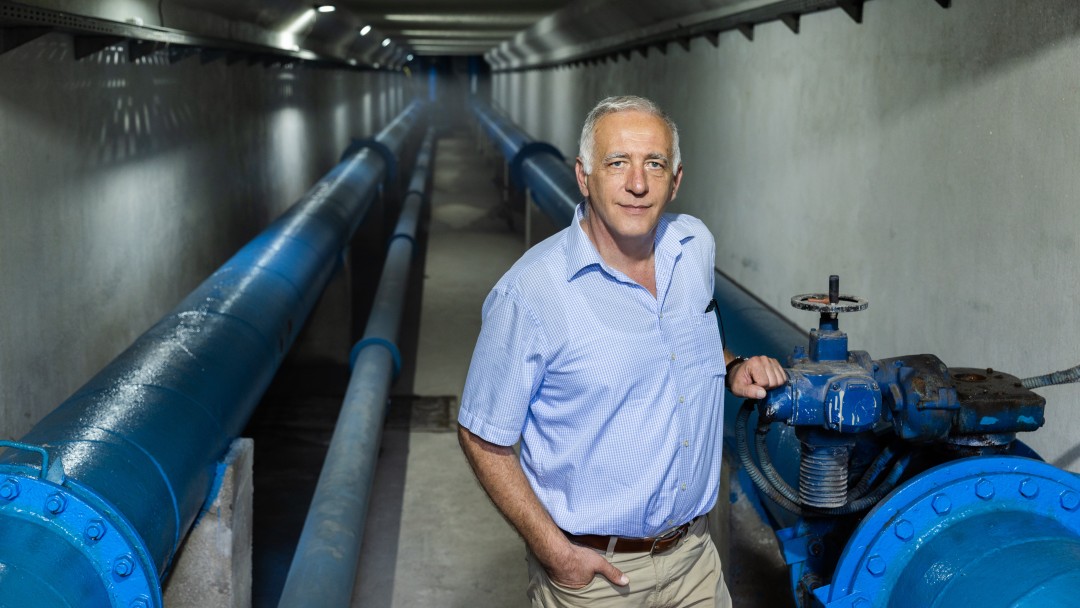
Emir Pasalic was the director of ViK during the entire implementation period. ‘Initially, we had no funds for our pumping stations, they were not renewed for over 40 years, but only repaired when necessary. By repairing all the pumping stations, we have secured the future of the city's water supply system. Beyond the infrastructure: with the funding from Germany, we were able to train employees and optimise processes in order to offer our customers high-quality services.’
The consequences of climate change are also being felt in Bosnia and Herzegovina. Pasalic explains: ‘Last year, we hardly had any snow - which is important to ensure that we have a consistently good water supply all year round. Even if we have enough rain - it often falls very heavily and then simply runs off into the groundwater, so it doesn't improve the drinking water supply either’.
The total cost of the programme is just under EUR 23 million.
Sanitation
FC is also involved in wastewater disposal. Following a very successful first phase, a second phase of the ‘Zenica Wastewater Disposal’ project was launched in 2019. The project involves the construction of a wastewater treatment plant and pumping stations as well as the rehabilitation and expansion of the rainwater and wastewater sewerage system. The planning and construction of the new wastewater treatment plant was successfully awarded and construction is expected to begin in Q2/2025. It will have a treatment capacity of 70,000 population equivalents, including the removal of nitrogen and phosphorus
This will improve the living conditions of the population, but will also help to protect the environment, particularly water protection, especially the River Bosna. Industrial wastewater that was previously discharged untreated into the river is now collected and purified.
The municipal utility company is being qualified to operate the new facilities properly and sustainably through an accompanying measure. The total cost of the second phase of the project is around EUR 19 million.

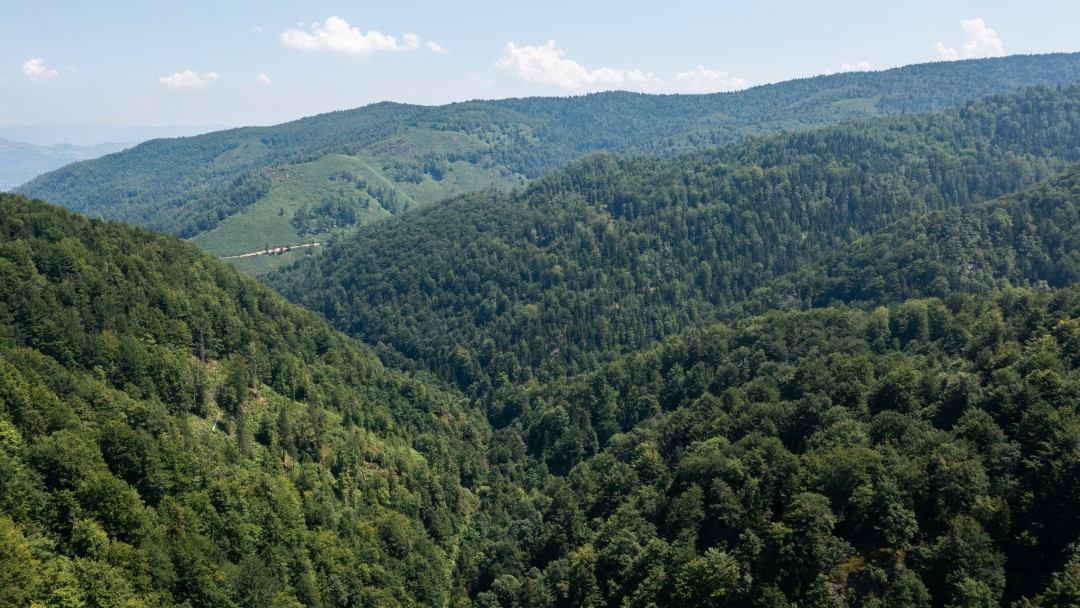
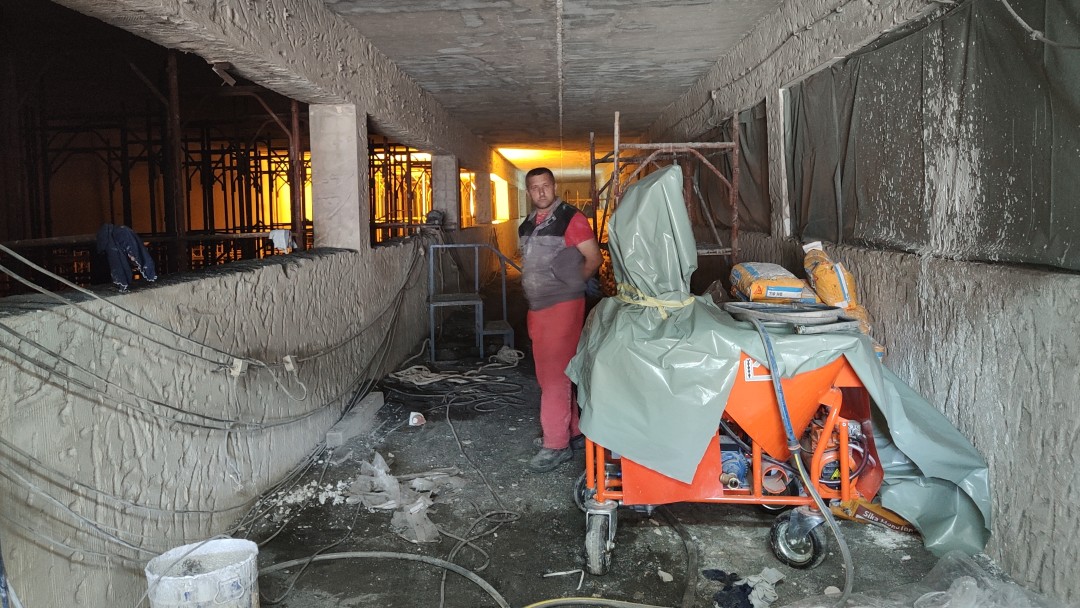
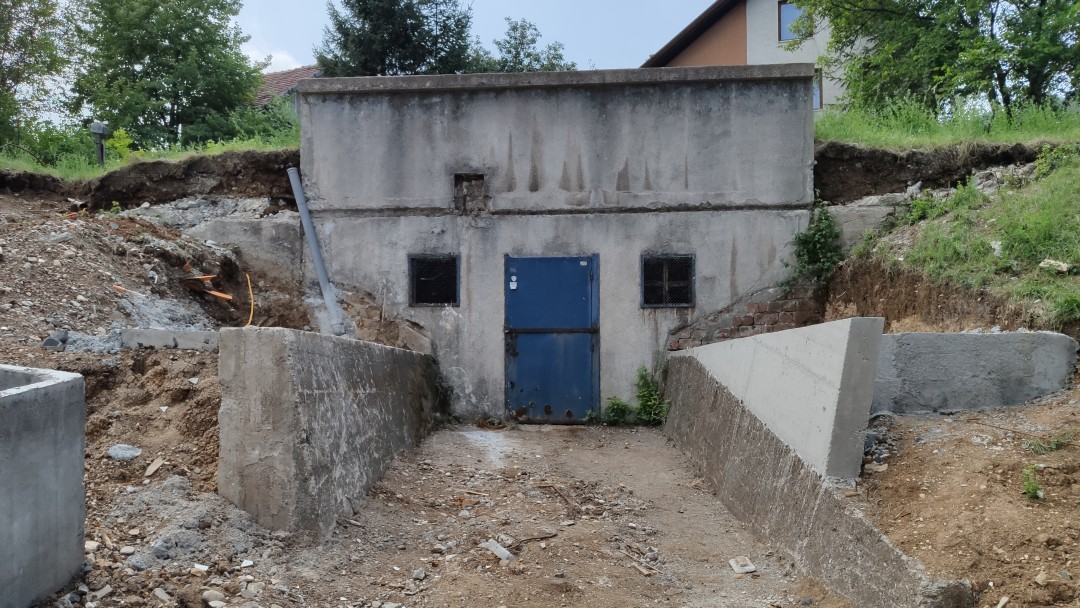
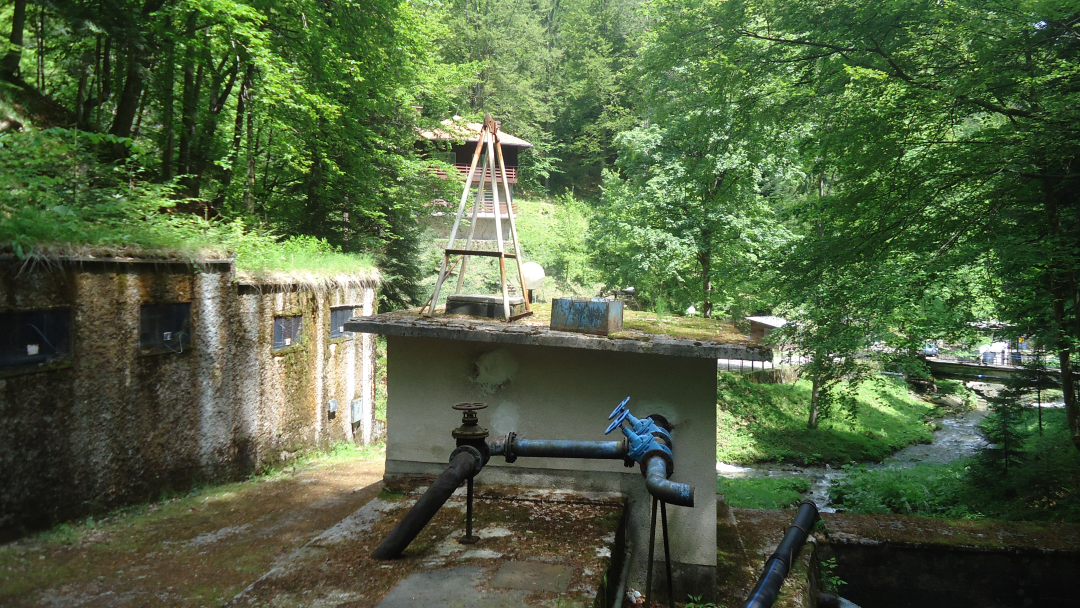
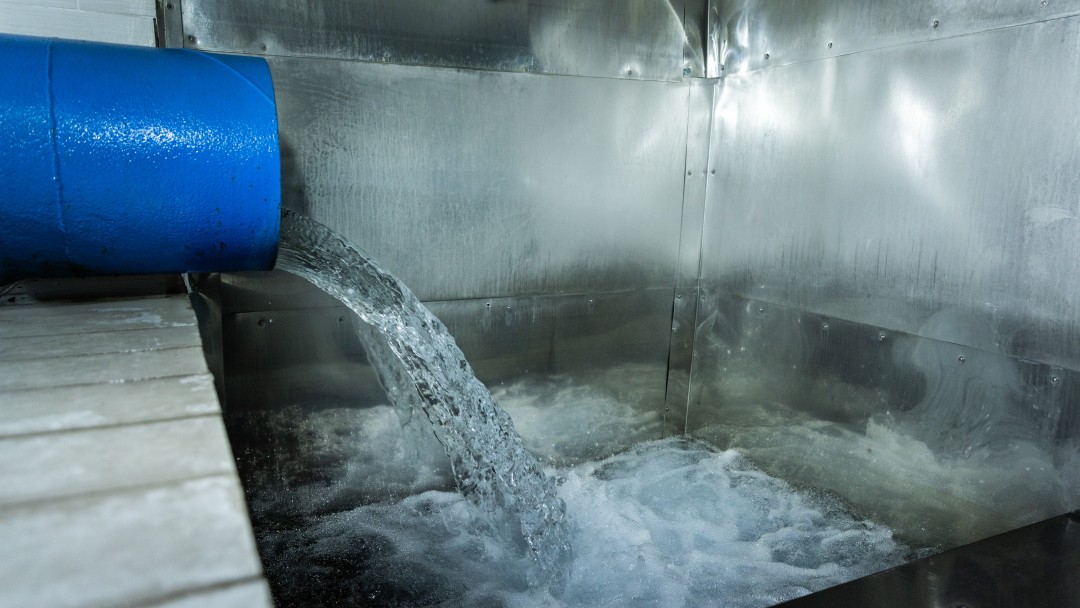
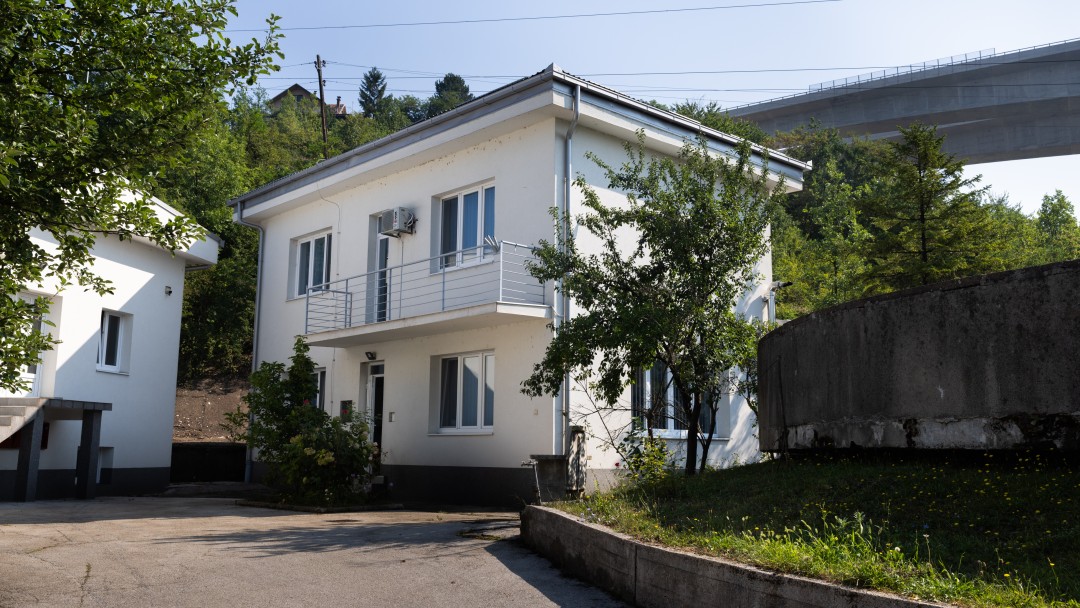
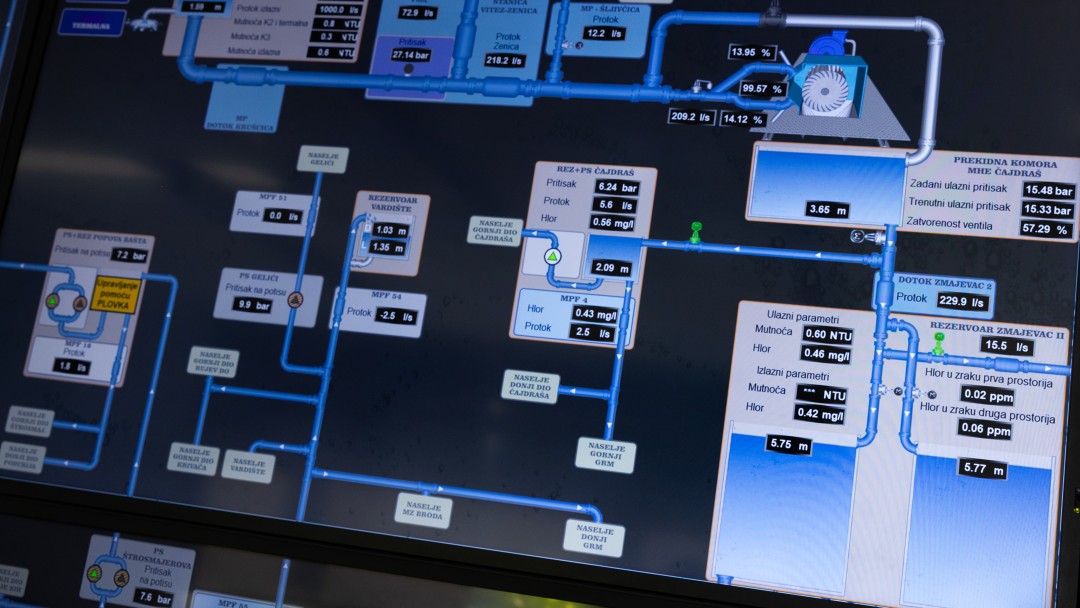
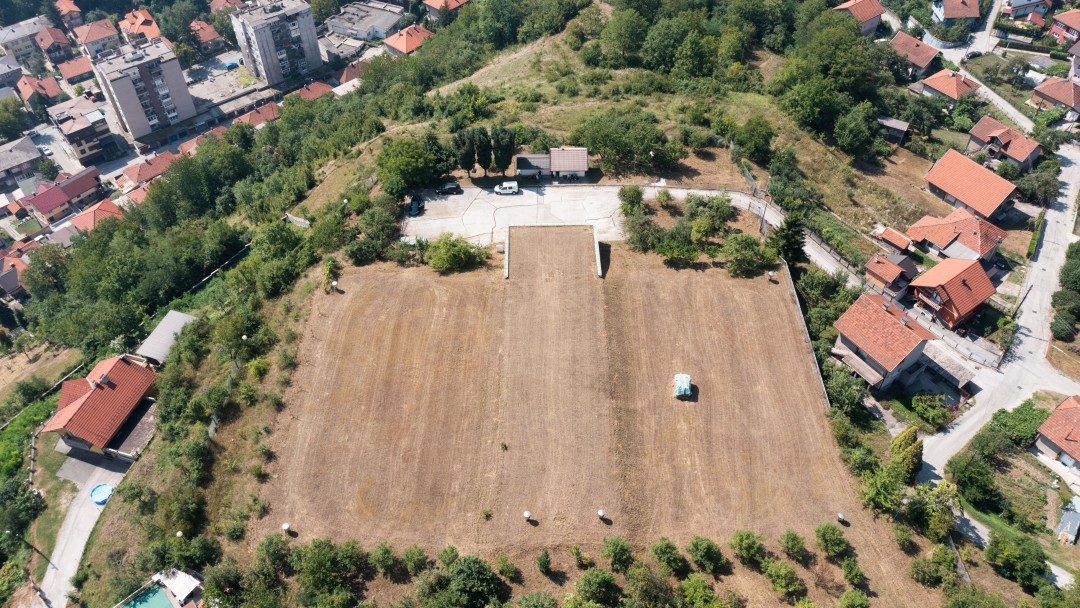
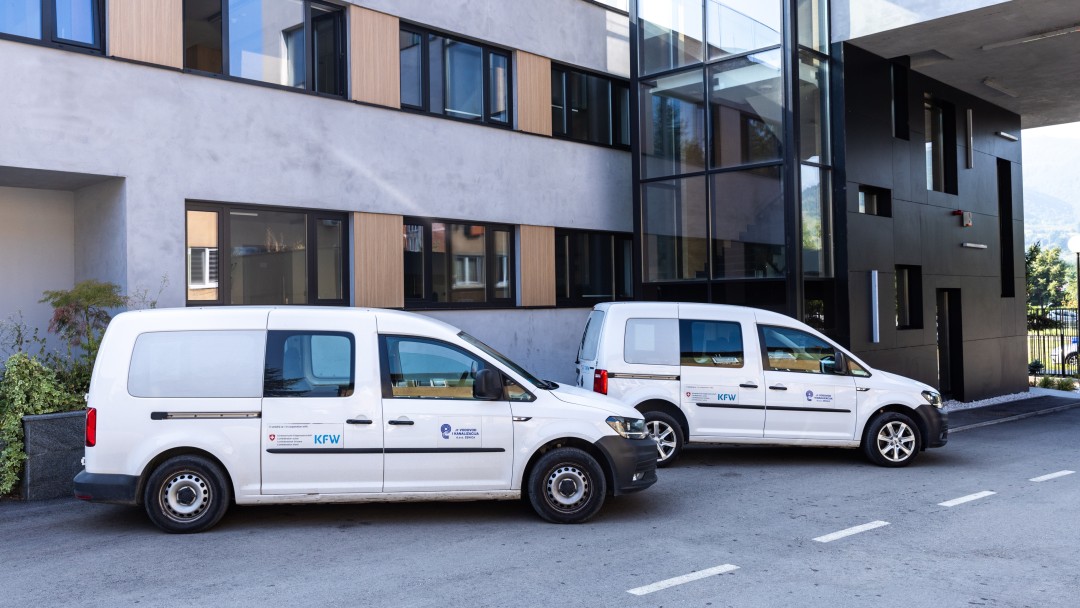
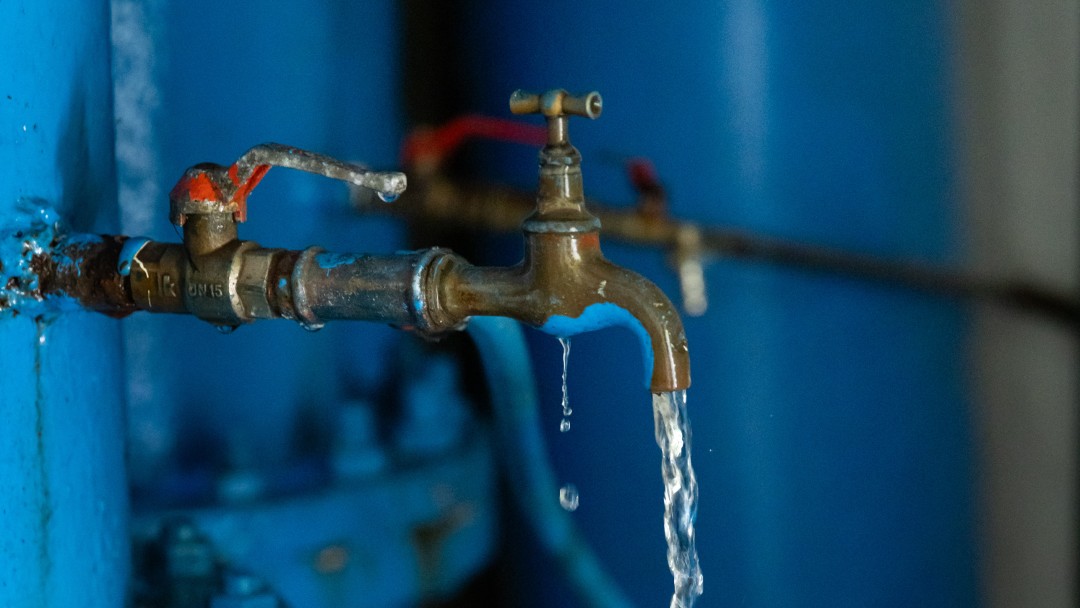
Share page
To share the content of this page with your network, click on one of the icons below.
Note on data protection: When you share content, your personal data is transferred to the selected network.
Data protection
Alternatively, you can also copy the short link: https://www.kfw-entwicklungsbank.de/s/enzBWrMC.DIJA
Copy link Link copied